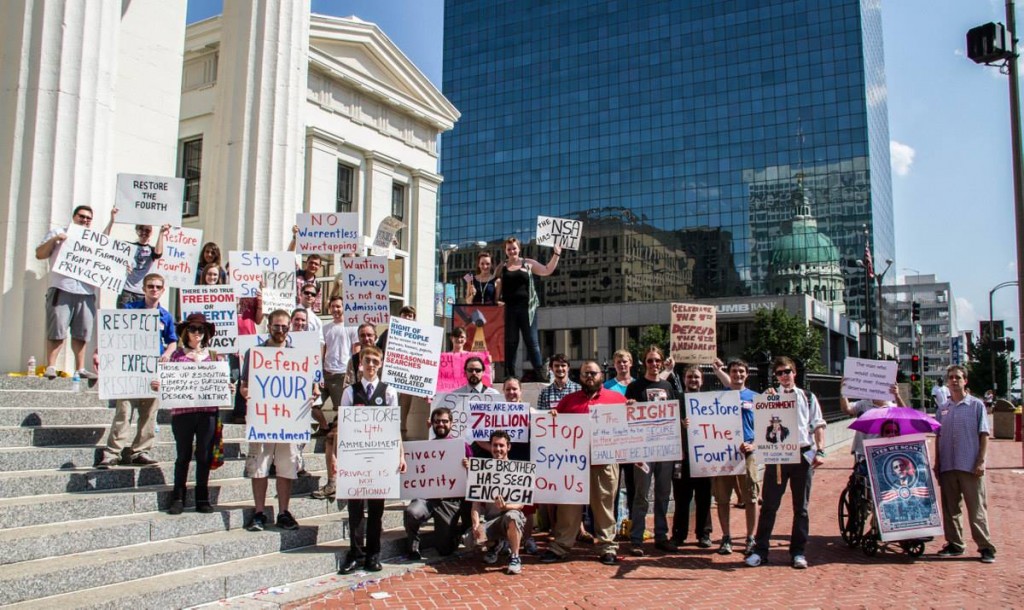Alan Grayson proposes new law to curtail out of control U.S. spying on its own citizens
This is an excerpt from a mass emailing I received from Rep. Alan Grayson:
Host John Fugelsang: So with Edward Snowden's travels much in the news, you've offered an amendment that I wish were getting as much attention as what country he's landing in. An amendment to end NSA spying on Americans, called the 'Mind Your Own Business Act.' Sir, what's in it? Congressman Alan Grayson: What's in it is a prohibition against the Department of Defense collecting information about Americans on American soil, unless they can show that you're involved in a terrorist conspiracy, or unless they're investigating a violation of the Uniform Code of Military Justice. That draws the line where the line has been since the 1870s, and the passage of the Posse Comitatus Act. Now the Department of Defense has obliterated that line, by collecting information on every single telephone call that every American makes, forever. John: This seems to me [to be] the kind of act that would get support from true liberals and true conservatives alike. What kind of support is your act getting now? Alan: Well it's too early to say, but there's been tremendous support from the public. Over 20,000 people have already come to our website, MindYourOwnBusinessAct.com, and signed our citizen petition to pass the act. I think over time that will snowball. I think we'll see hundreds of thousands of people eventually, and I think we'll see more and more Members of Congress understand the simple principle that's involved here: That [this] kind of spying does not make us safer, and it is beneath our dignity as Americans. John: And last week the President rejected comparisons between his administration and Bush-Cheney, or I guess I should say Cheney-Bush, on domestic spying. Do you agree with Barack Obama that there's nothing in common? Alan: Uh, no, I don't agree with that. Actually there's been a continuous spying on the American citizens through these programs, the two programs that Snowden disclosed, apparently going back at least [since] 2007. One of the documents that he disclosed indicates that Microsoft, which operates the Hotmail e-mail program, joined this NSA program in 2007. John: And do you think he gets that, sir? Do you think he's aware of how unpopular these programs are? Alan: No, I don't. And I think that that itself is a disturbing element to this. I think that the so-called 'intelligence community' has the President's ear, and no one else does. Virtually everybody that I know immediately recognizes how silly and pointless it is to spy on every person's conversation, to get information on who is talking to whom, when, and for how long. And ultimately, most people begin to understand the threat involved. The fact is that there is now a [government] record of every telephone call made in America, going back to Alexander Graham Bell, apparently. And the threat involved is what Snowden has called 'turnkey tyranny.' The fact is that someone else after Barack Obama, let's say President Louie Gohmert, can come along and use all that information to make life in America miserable for all Americans.

